TikTok bans political ads - balancing revenue implications with long term strategy
After censoring topics like Hong Kong’s protests and pro-LGBT content, the Beijing-based TikTok, the short video app from ByteDance, is now further distancing itself from other social media platforms with a ban on political ads on its app.
ByteDance said that it will not allow political ads on TikTok, as they don’t fit in with the experience the short-form video app aims to offer.
“Any paid ads that come into the community need to fit the standards for our platform, and the nature of paid political ads is not something we believe fits the TikTok platform experience,” says Blake Chandlee, VP of Global Business Solutions, TikTok.
“To that end, we will not allow paid ads that promote or oppose a candidate, current leader, political party or group or issue at the federal, state or local level – including election-related ads, advocacy ads or issue ads,” he adds.
TikTok says that it wants to be known as a place for creative expression, and one that creates a “positive, refreshing environment” that inspires that creativity.
The platform wants to encourage these goals through its products like its filters and effects, as well as its brand partnerships.
TikTok offers a range of ad opportunities, including in-feed video ads, launch screen ads and other native ads like its sponsored hashtag challenges. More recently, it also launched a beta version of the TikTok Creator Marketplace, which will help to connect brands with TikTok creators for their marketing campaigns.
“Throughout all of this, however, our primary focus is on creating an entertaining, genuine experience for our community,” Chandlee continues. “While we explore ways to provide value to brands, we’re intent on always staying true to why users uniquely love the TikTok platform itself: for the app’s light-hearted and irreverent feeling that makes it such a fun place to spend time,” he says.
Political ads don’t fit with this agenda, the company insists.
Industry observations
Ashutosh Harbola, Co-Founder & Chief Rebel, Buzzoka, remarks, “TikTok as a platform wants to disassociate from political ads as they are already under fire from governments all across the globe. This is a process of cleaning up their platform which is enabled by the fear of getting banned and want engage with brands that have a TG which relates to the content of their platform.”
Political ads generate a lot of revenue, especially during the time of elections. Removing political ads will definitely affect their revenue, but is it worth it? Harbola feels that it will definitely take away from their revenue, but also adds that it is better to generate lesser revenue for survival in the long run. TikTok was already under the pressure of getting banned.
TikTok is still in its growth stage and being under pressure from governments to shut shop is something that they want to move on from. It is similar to the Cambridge Analytica and Facebook case, where Facebook was under a lot of pressure from governments even then. However, they survived that as the platform is huge and fully matured.
According to Divya Radhakrishnan, Managing Director, Helios Media, “Gaining revenues from political ads doesn’t matter. TikTok has a huge user base and can recover that money from other sources. Their user base for them is the most important aspect of their platform as that’s their real wealth. Associating with something political might result in them losing out on this user base.”
This move by TikTok makes complete sense for them as a platform. Since its inception, the platform has been known for notorious and controversial content and activities. Moving away from such content will put them in a safe zone and ensure longevity. We can definitely expect further moves by TikTok to ensure the safety of the content and its users and also brand safety of its platform.



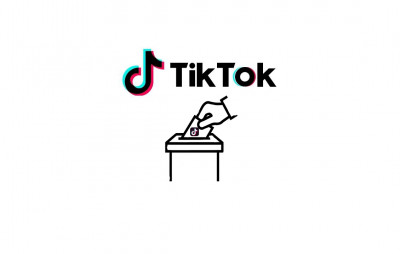






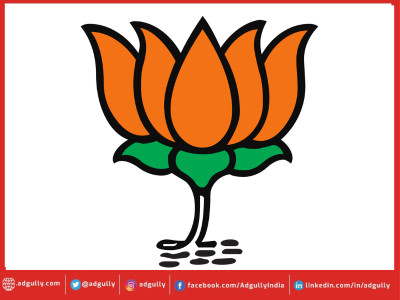

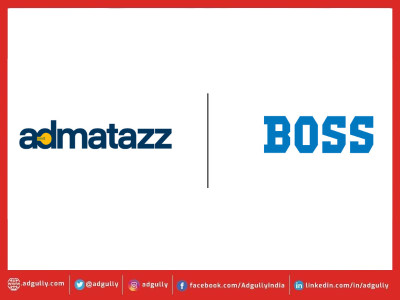
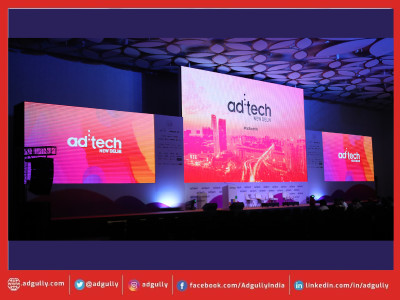

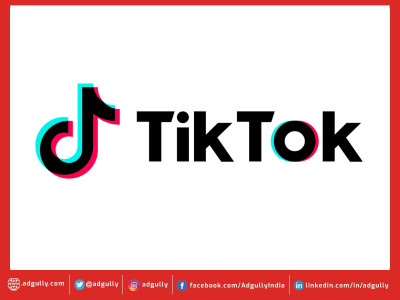
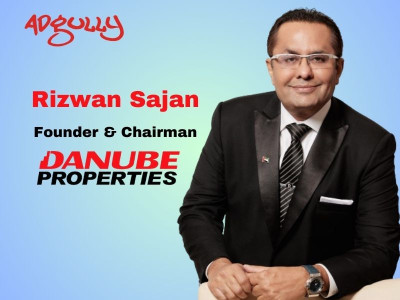



Share
Facebook
YouTube
Tweet
Twitter
LinkedIn